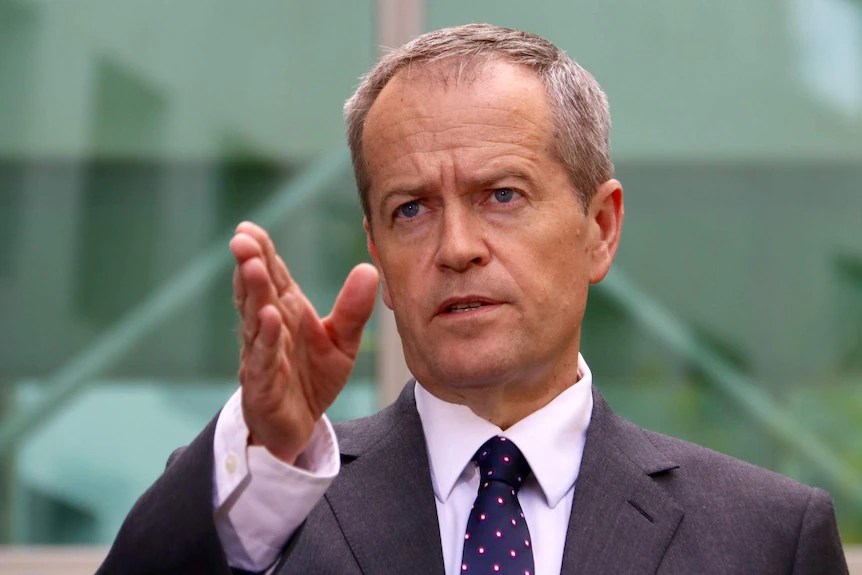Outgoing NDIS Minister Bill Shorten has made his valedictory speech to the Australian Parliament as he says farewell to politics after 17 years.
Shorten made his speech on Thursday 21 November, with current and former staff as well as Parliamentarians in attendance.
The minister used his speech to reflect on his time serving not just as a member of Parliament, but as a member of the Labor Party and as part of the Australian Workers’ Union. He recalled triumphs and successes as well as the darker times he had faced – including the Beaconsfield Mine disaster and the explosion at the Longford gas plant. He also reflected on his election loss as Opposition Leader.
Poignant reflections were interspersed with Shorten’s classic zingers, with the minister telling the Speaker that the House is often “ungovernable”, but adding he should “count [himself] lucky you’re not in the Senate”.
Referring to the NDIS as “the most significant social reform of this century”, Shorten said the scheme’s development was the achievement closest to his heart.
“I am forever grateful to Kevin Rudd and Julia Gillard for the privilege of serving as the Disabilities spokesperson and for recognising that this idea’s time had come. And I want to thank the Prime Minister for the opportunity he gave me to serve in this Cabinet to get the NDIS back on track. At its birth and in its repair, I must acknowledge thought that the overwhelming majority of the Parliament backed these reforms because while this was a Labor Government initiative, it was not a Labor Government issue, it was parliament at its finest,” Shorten said.
Shorten leaves Parliament at an interesting time for the NDIS, with ongoing work to implement the recommendations of the Disability Royal Commission and the continuing fallout from the NDIS Review. New tools like Foundational Supports are still out for consultation, and discussions around segregated schooling and employment are occupying column inches and minds.
It’s unclear who will take on the NDIS portfolio when Shorten officially departs in February, with an election due by mid-May.

